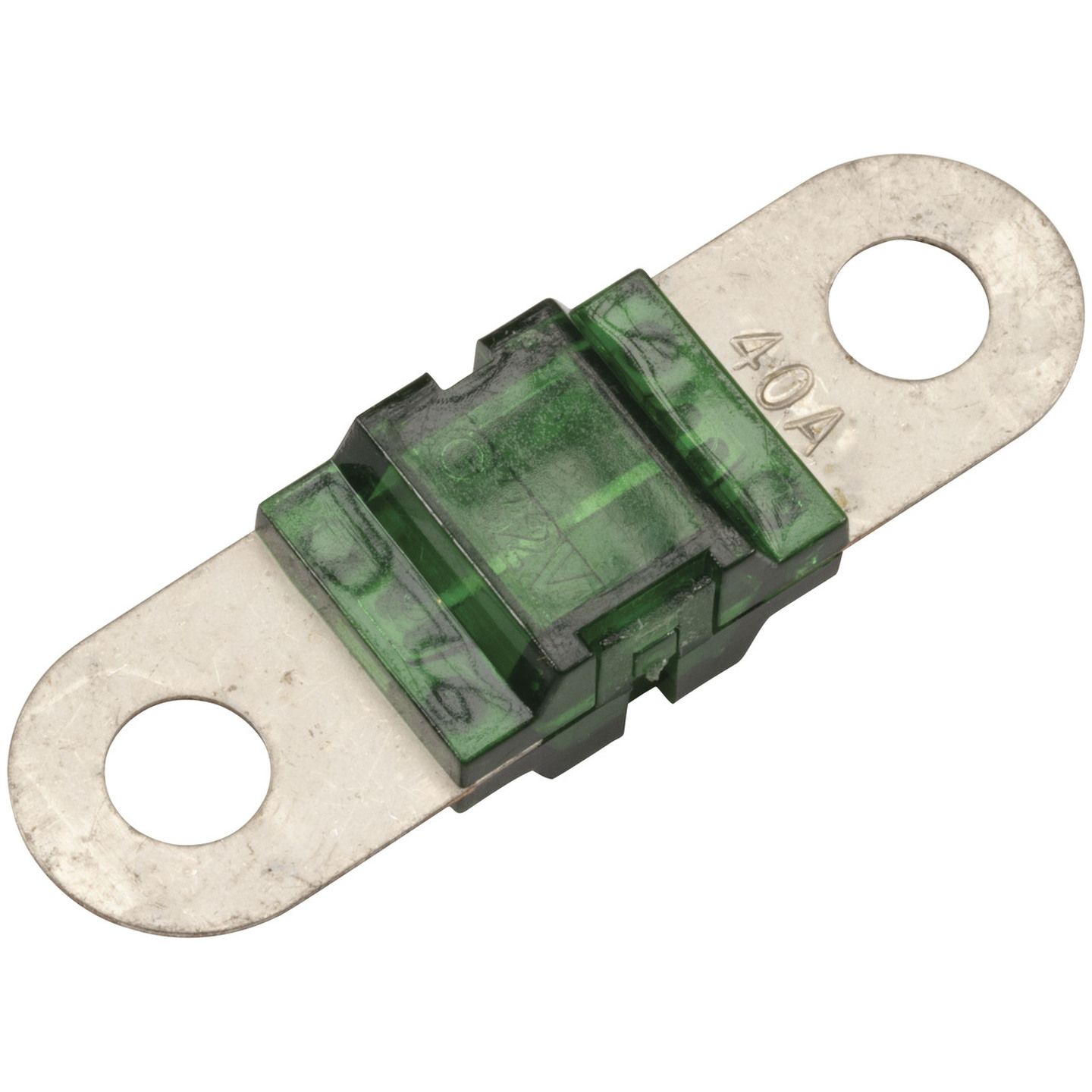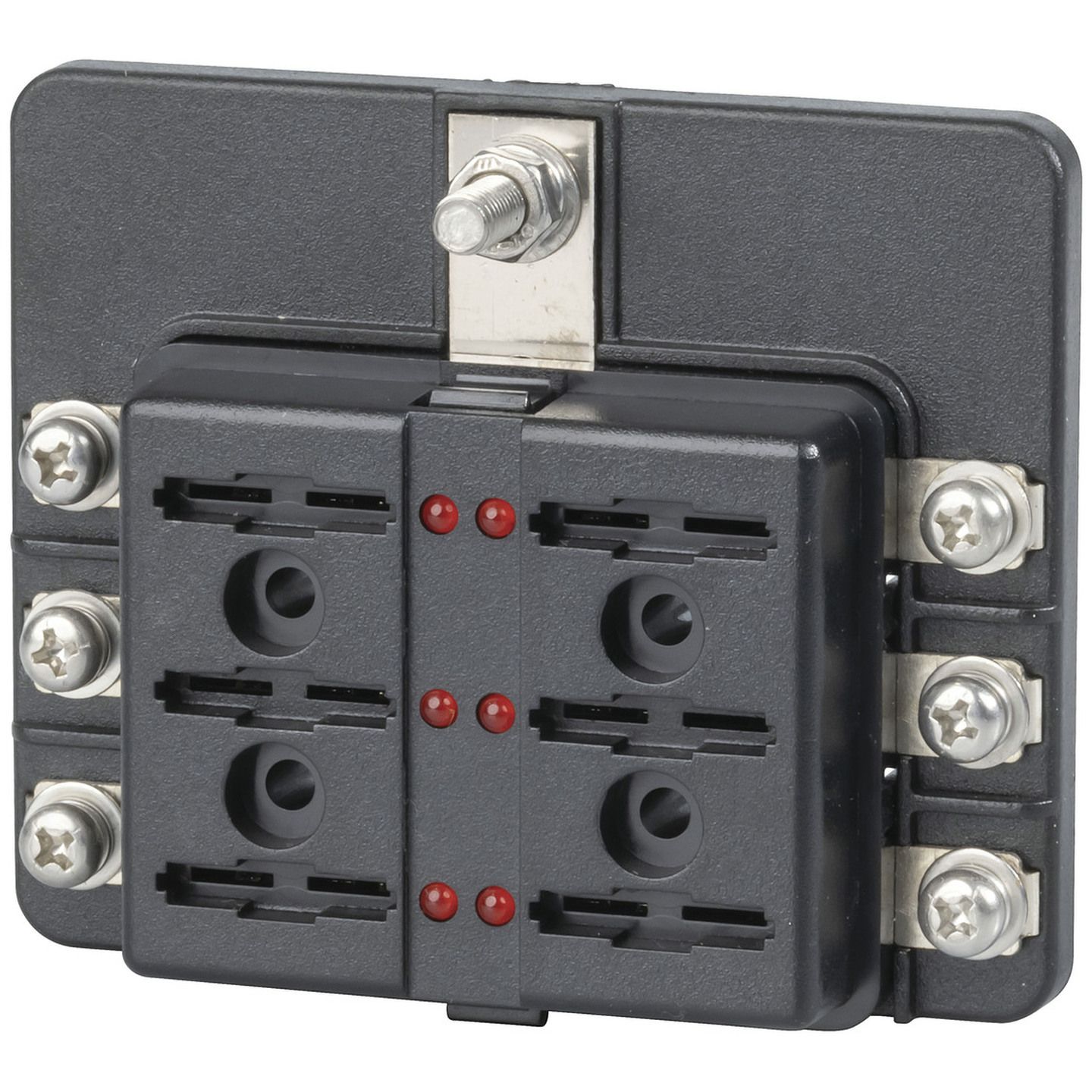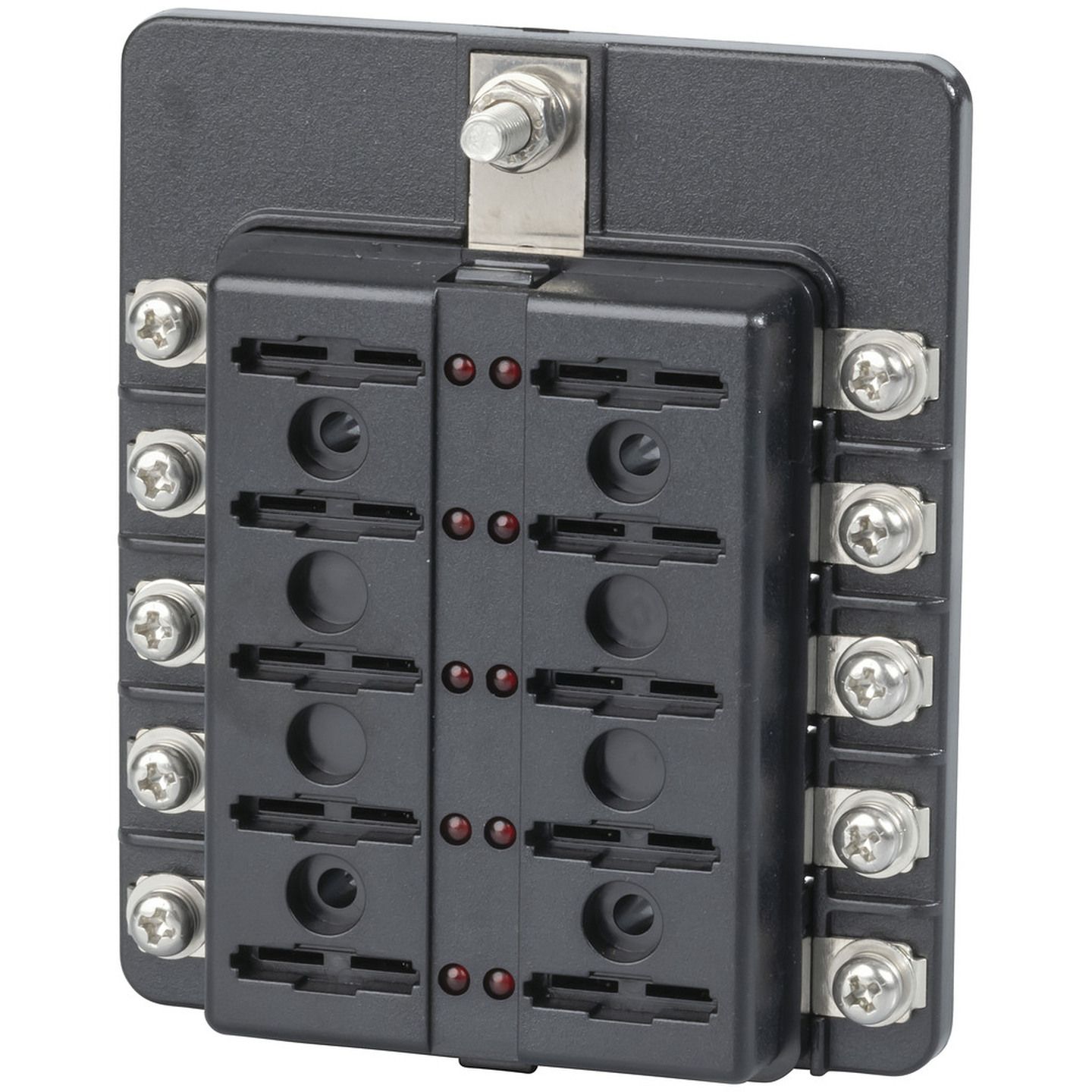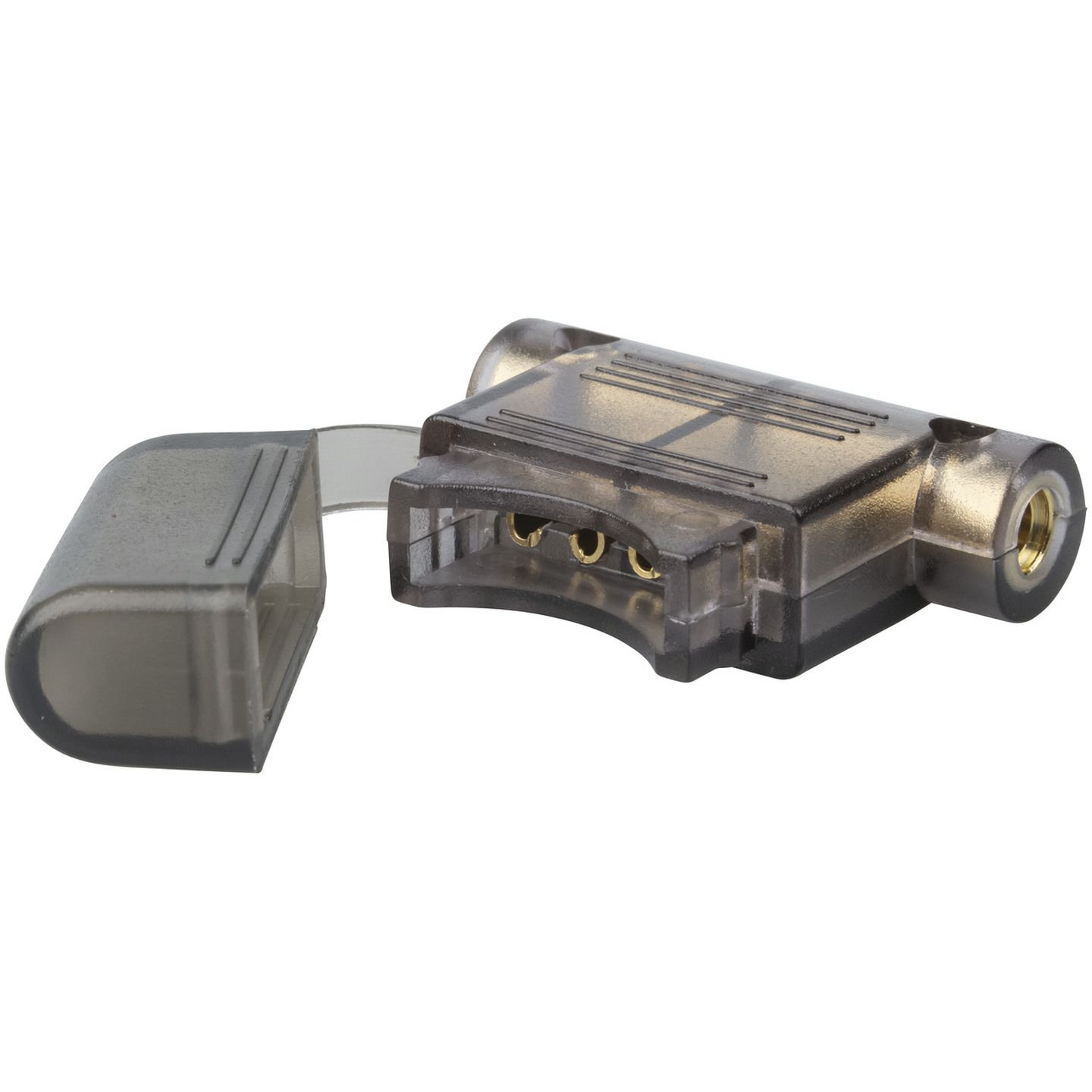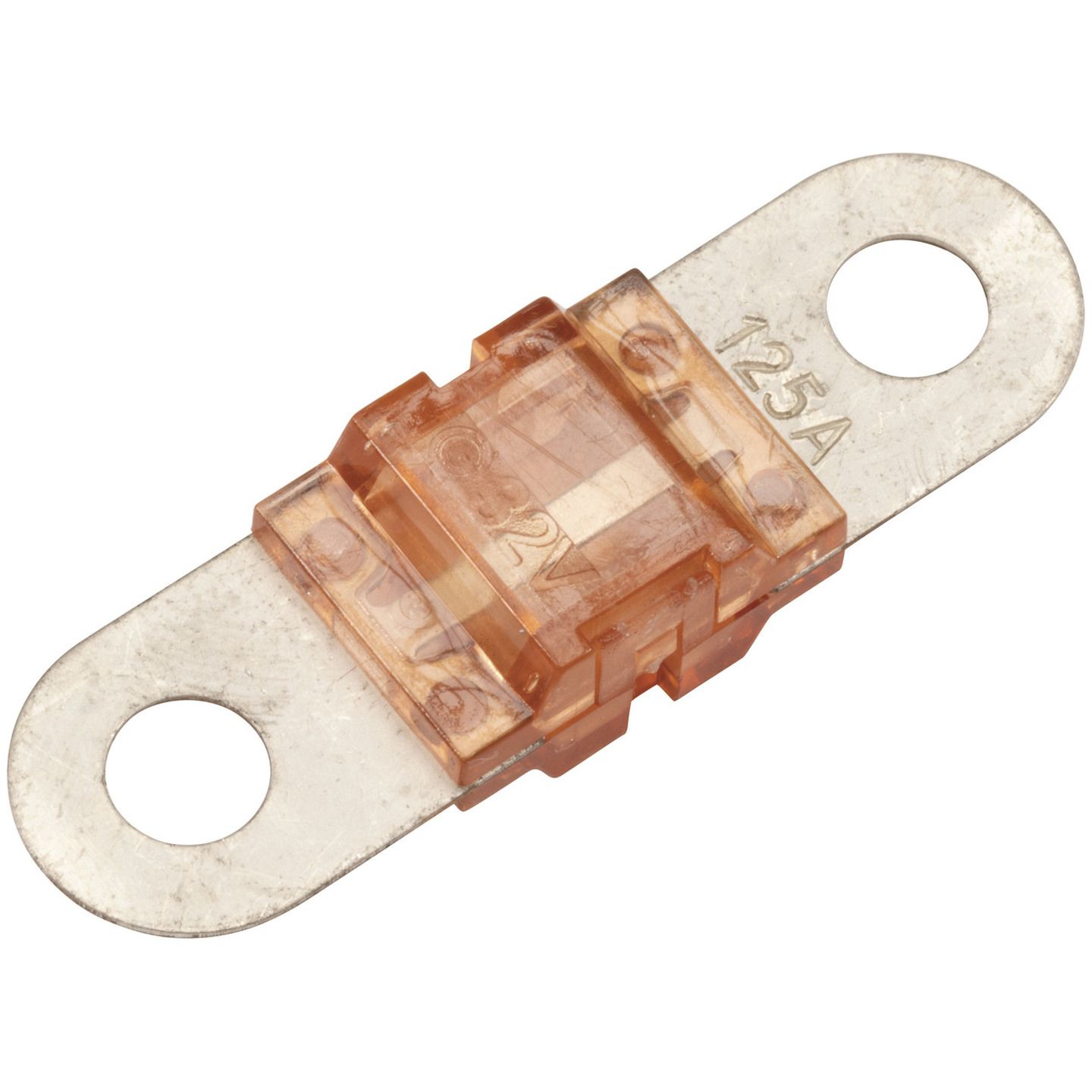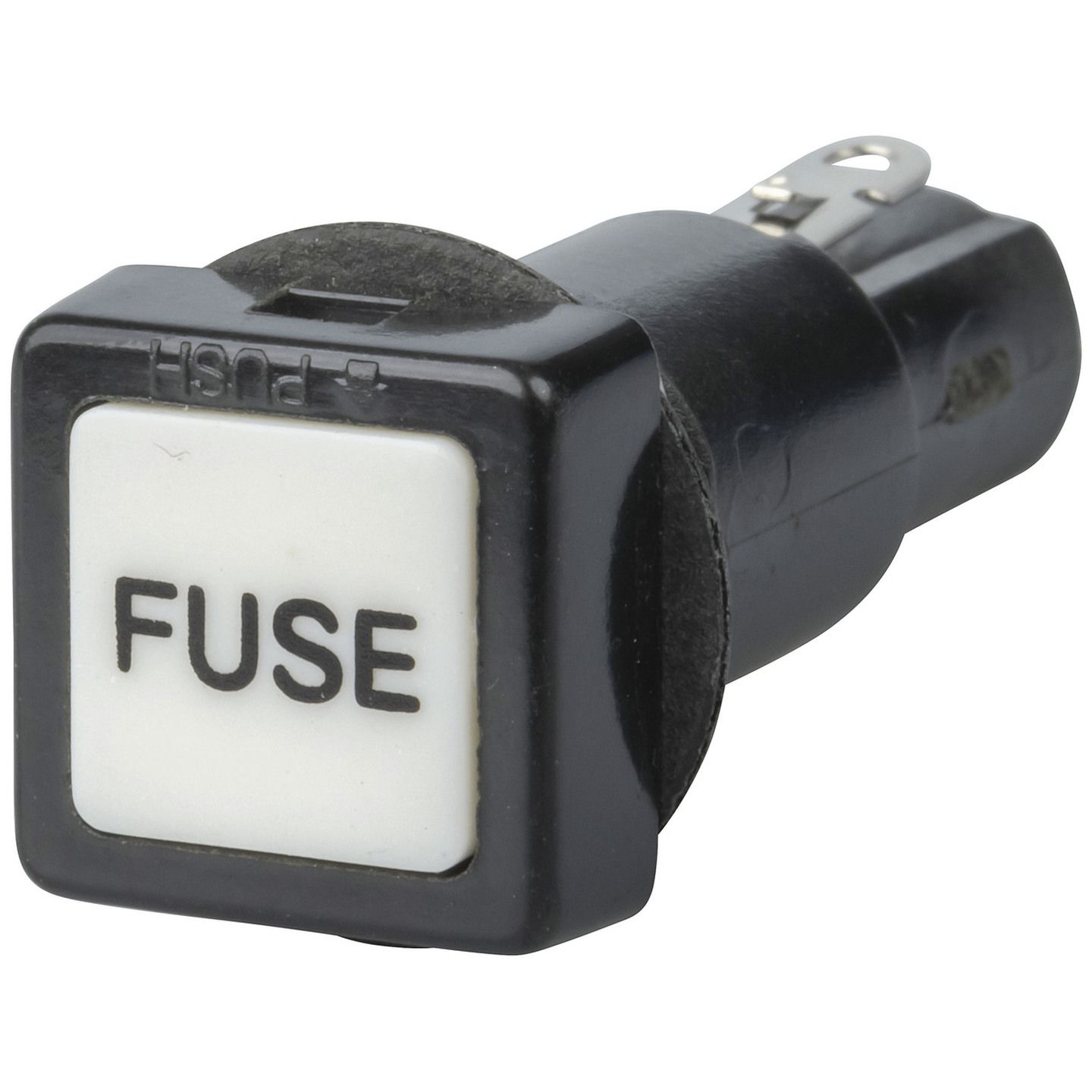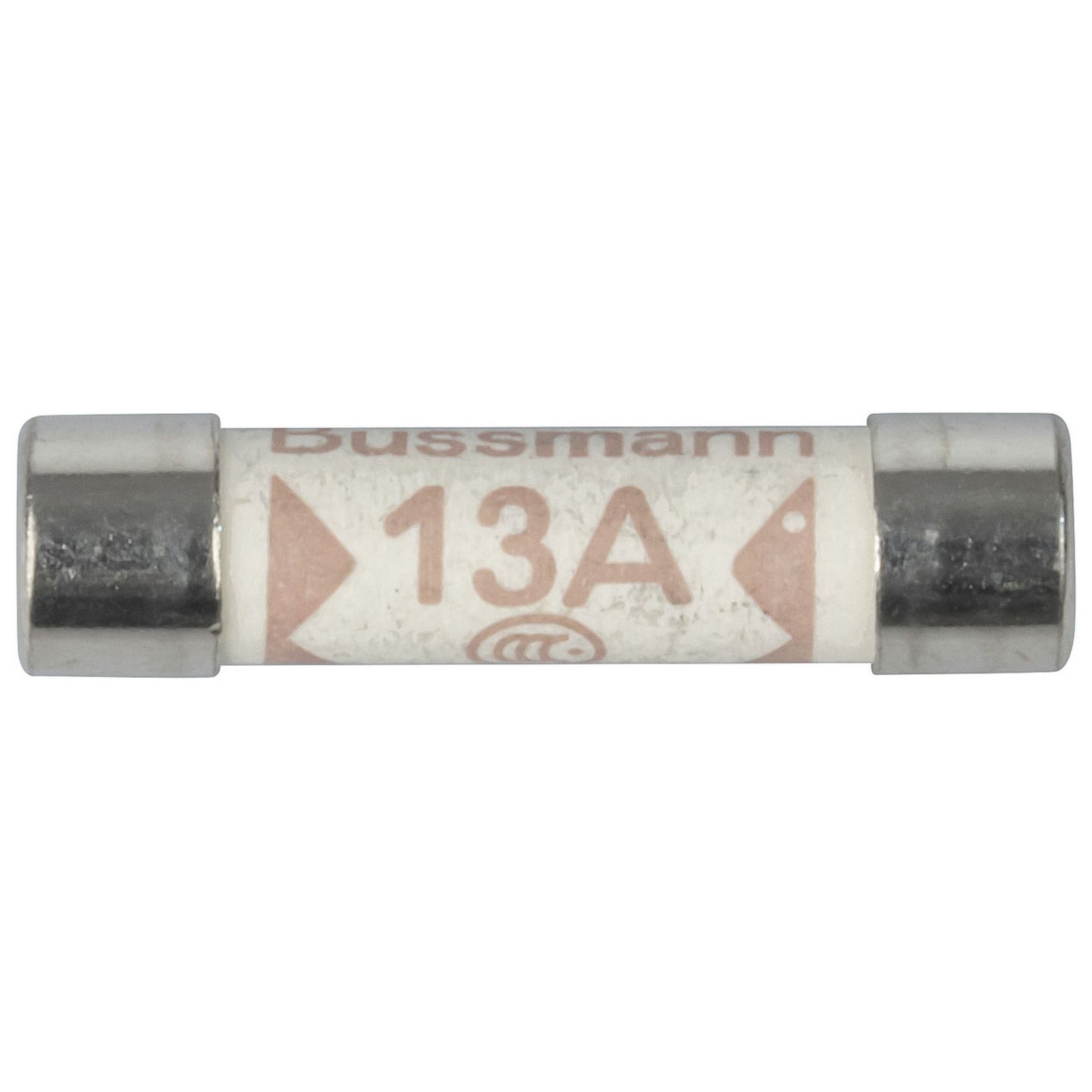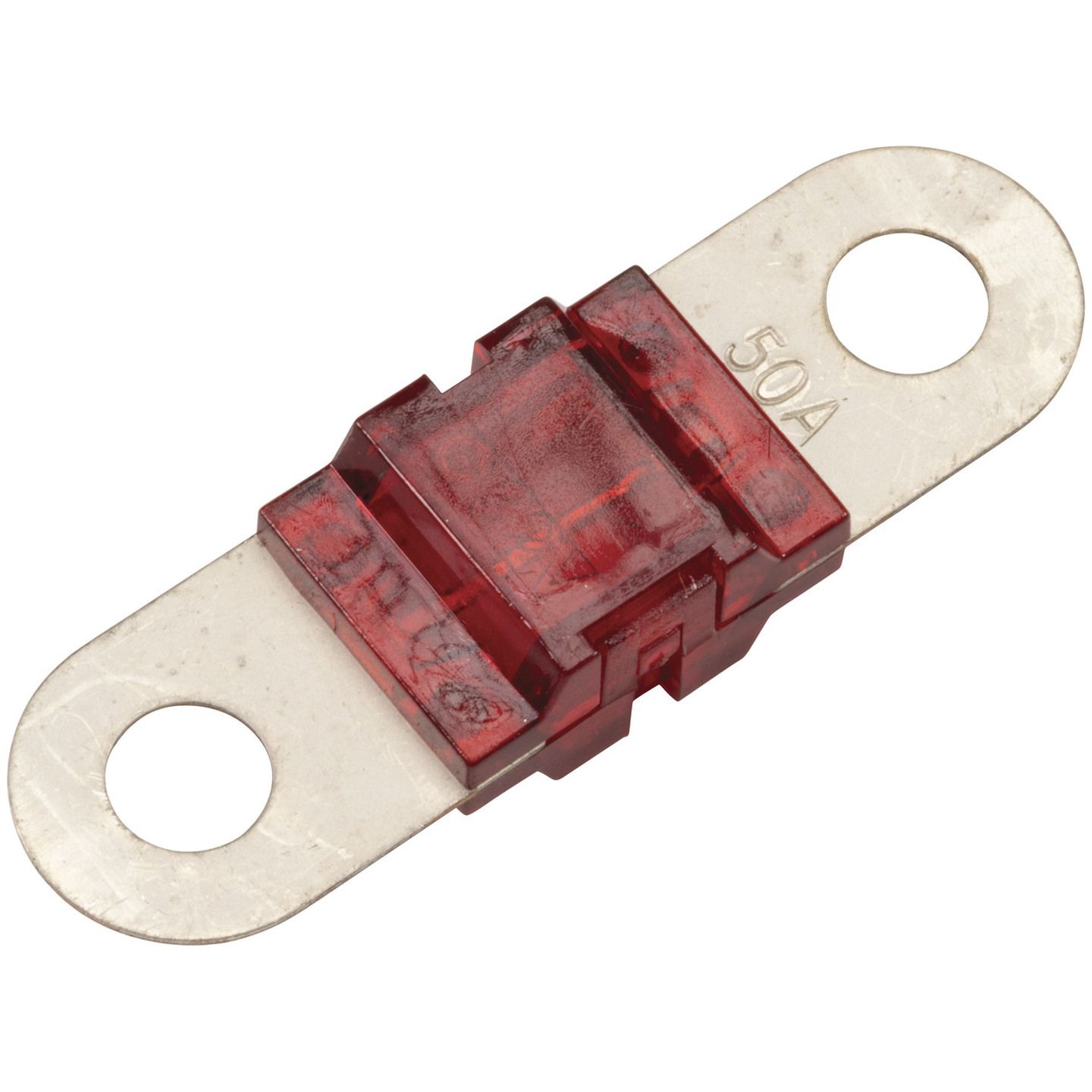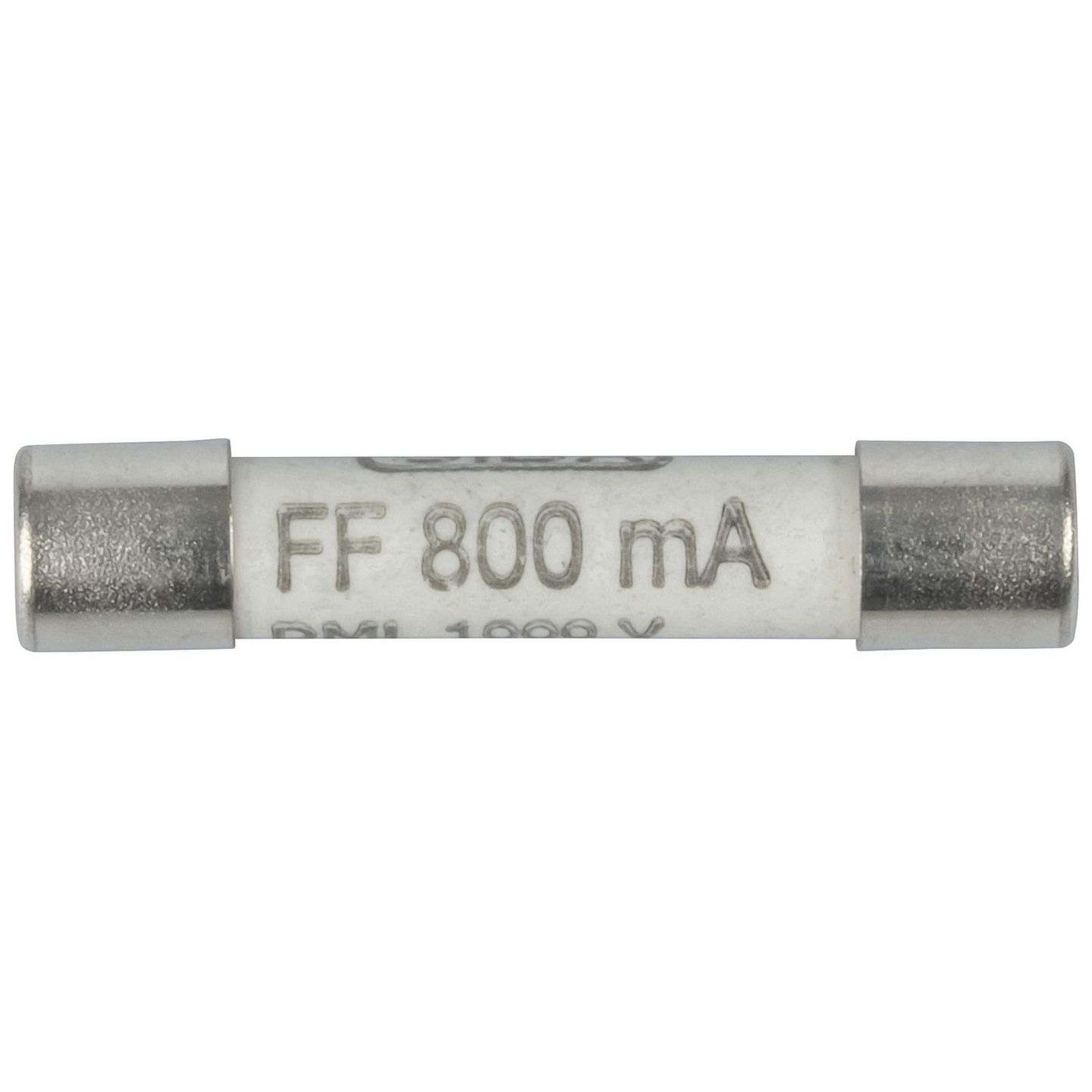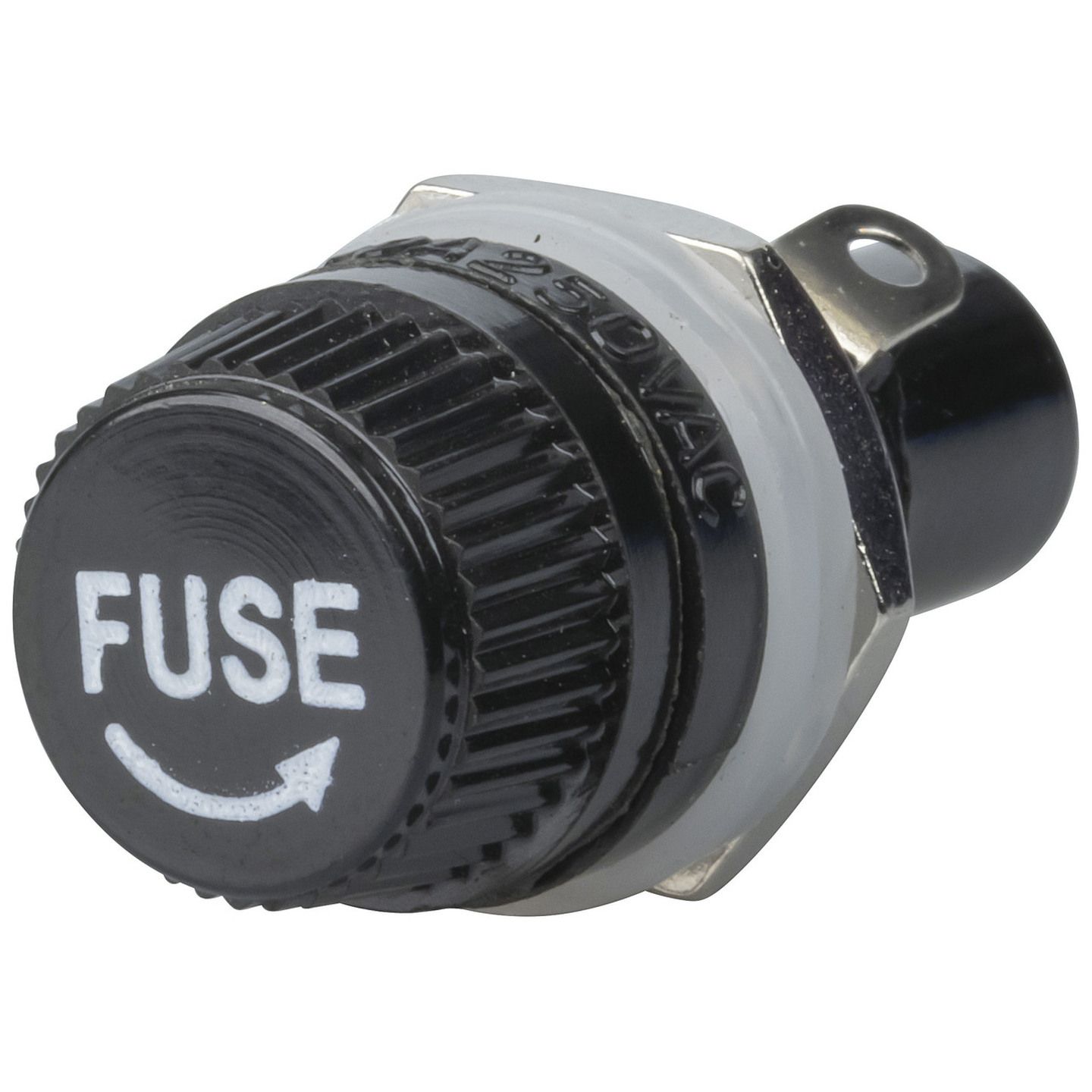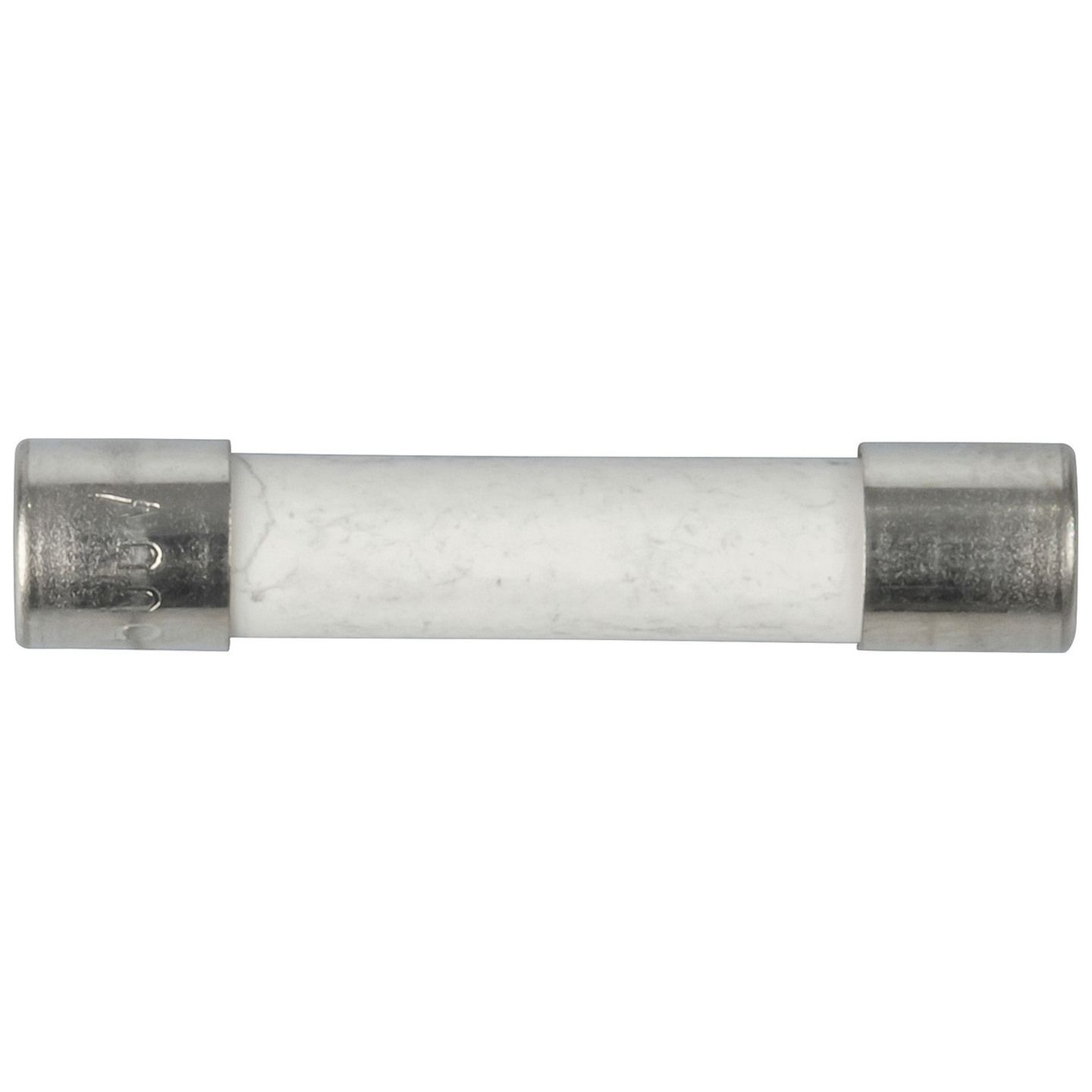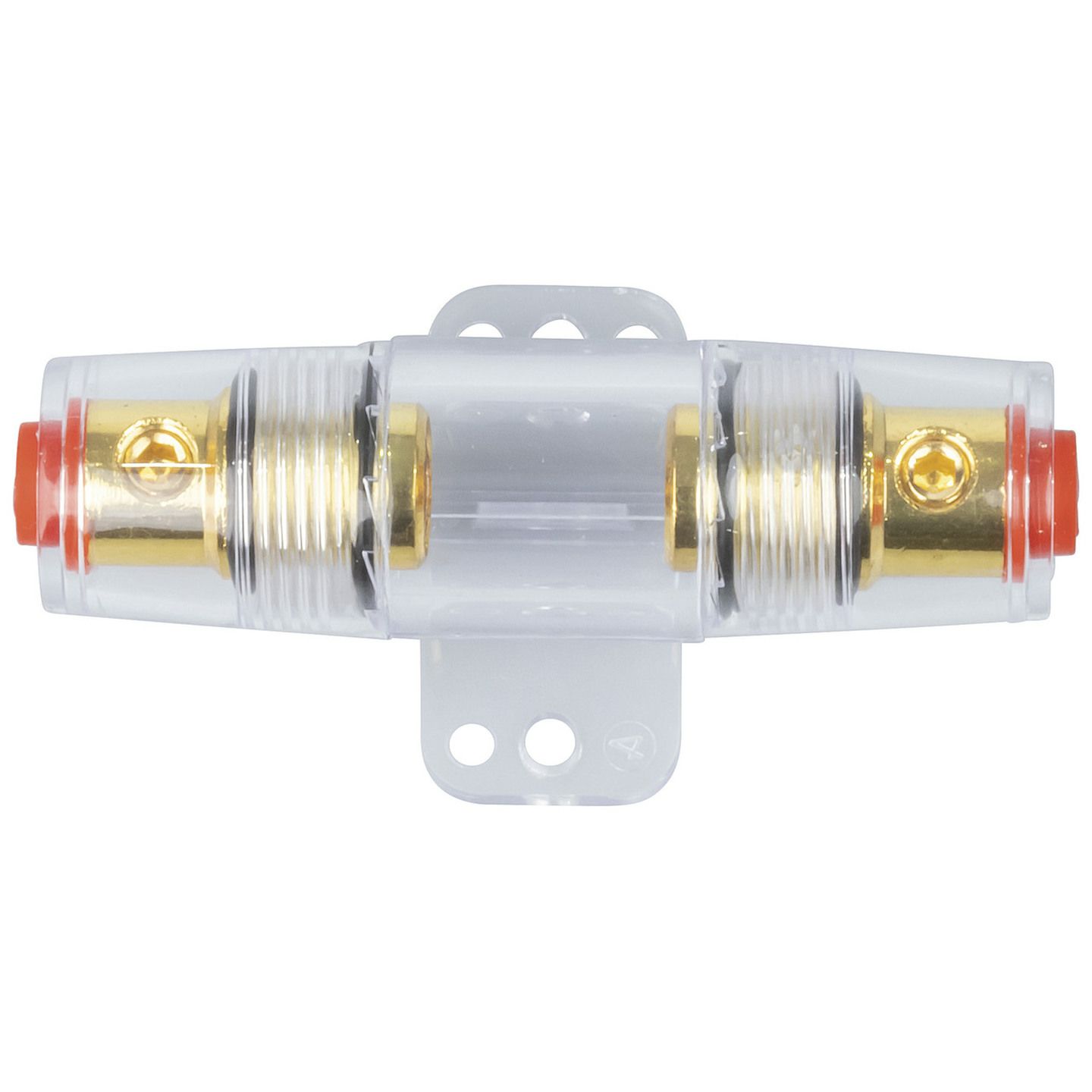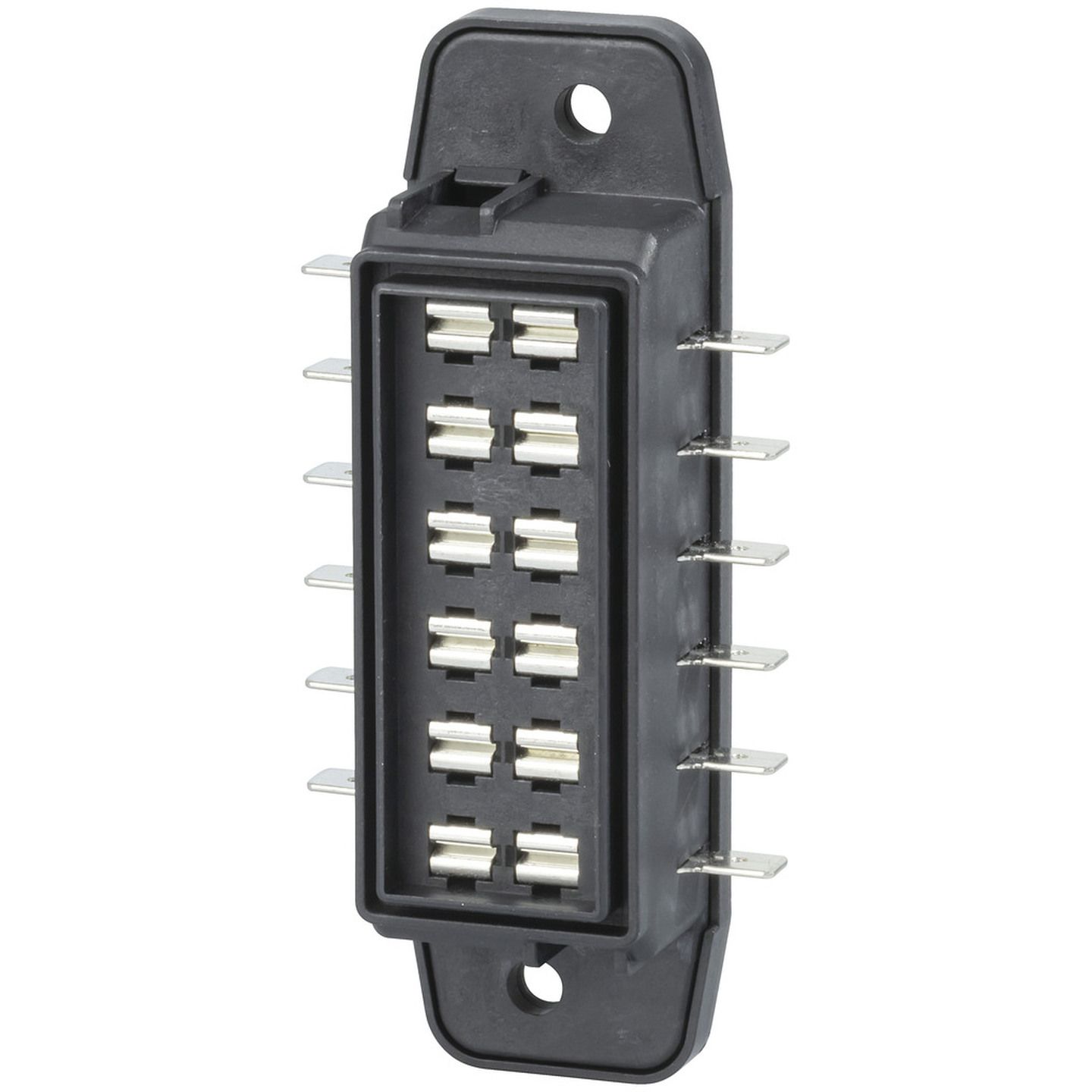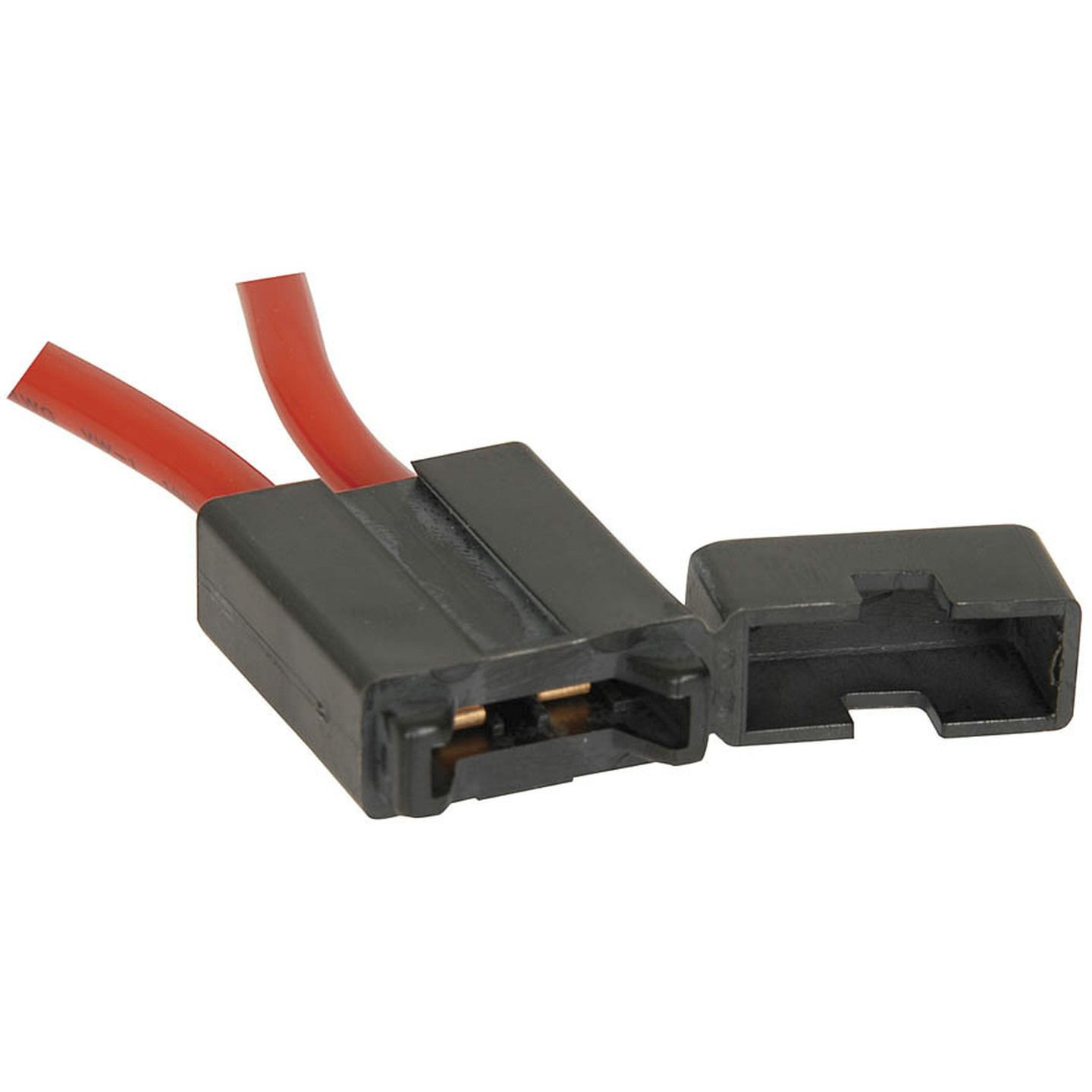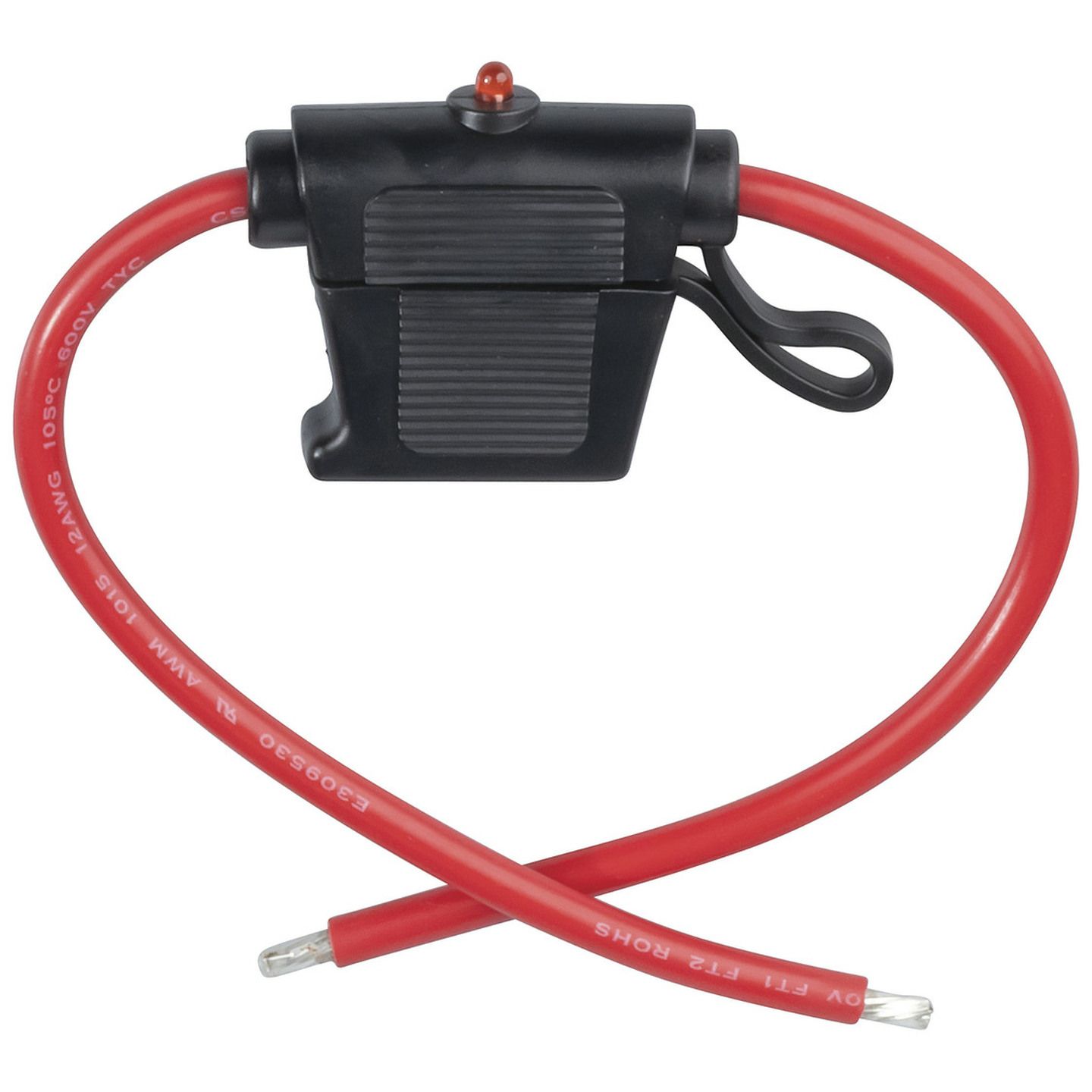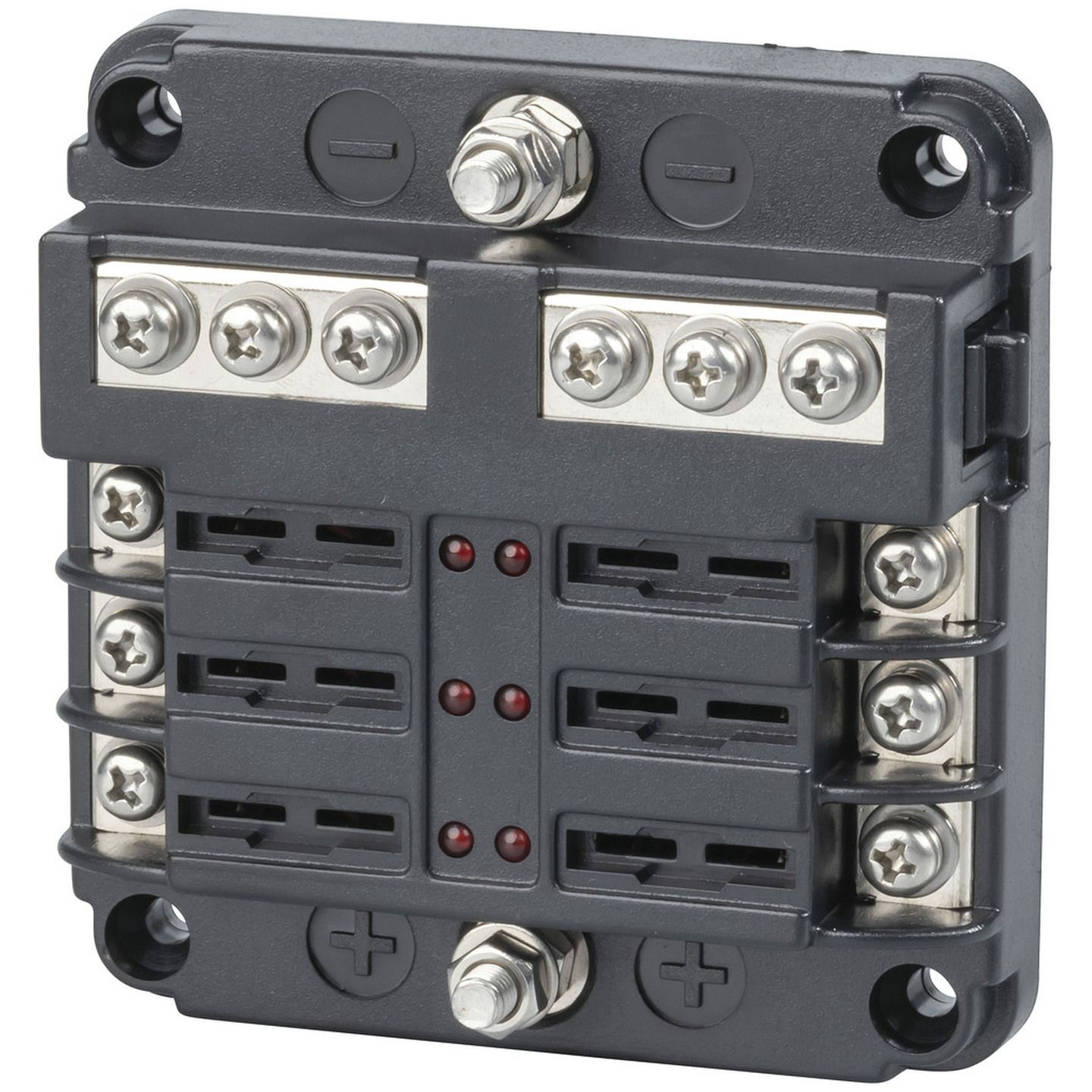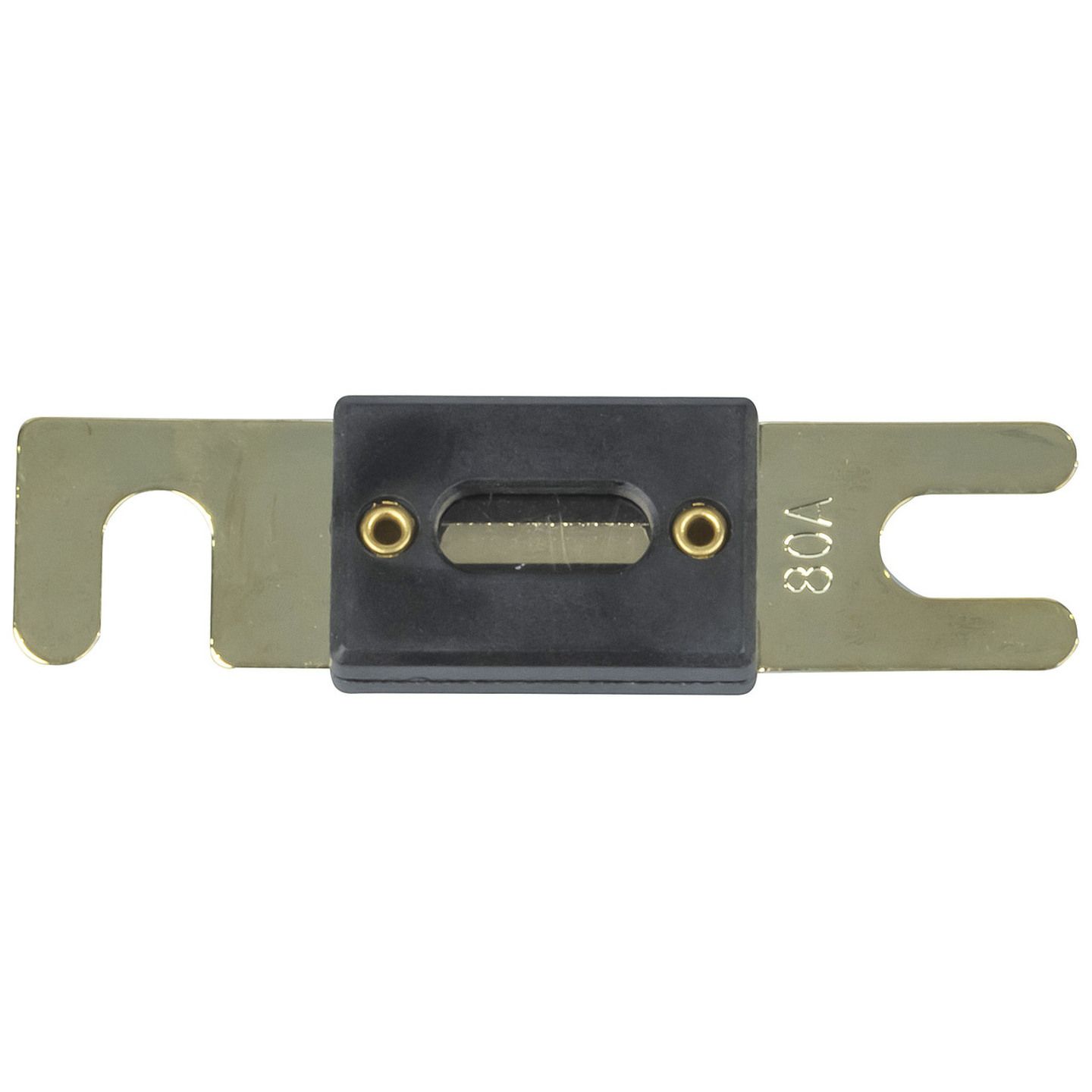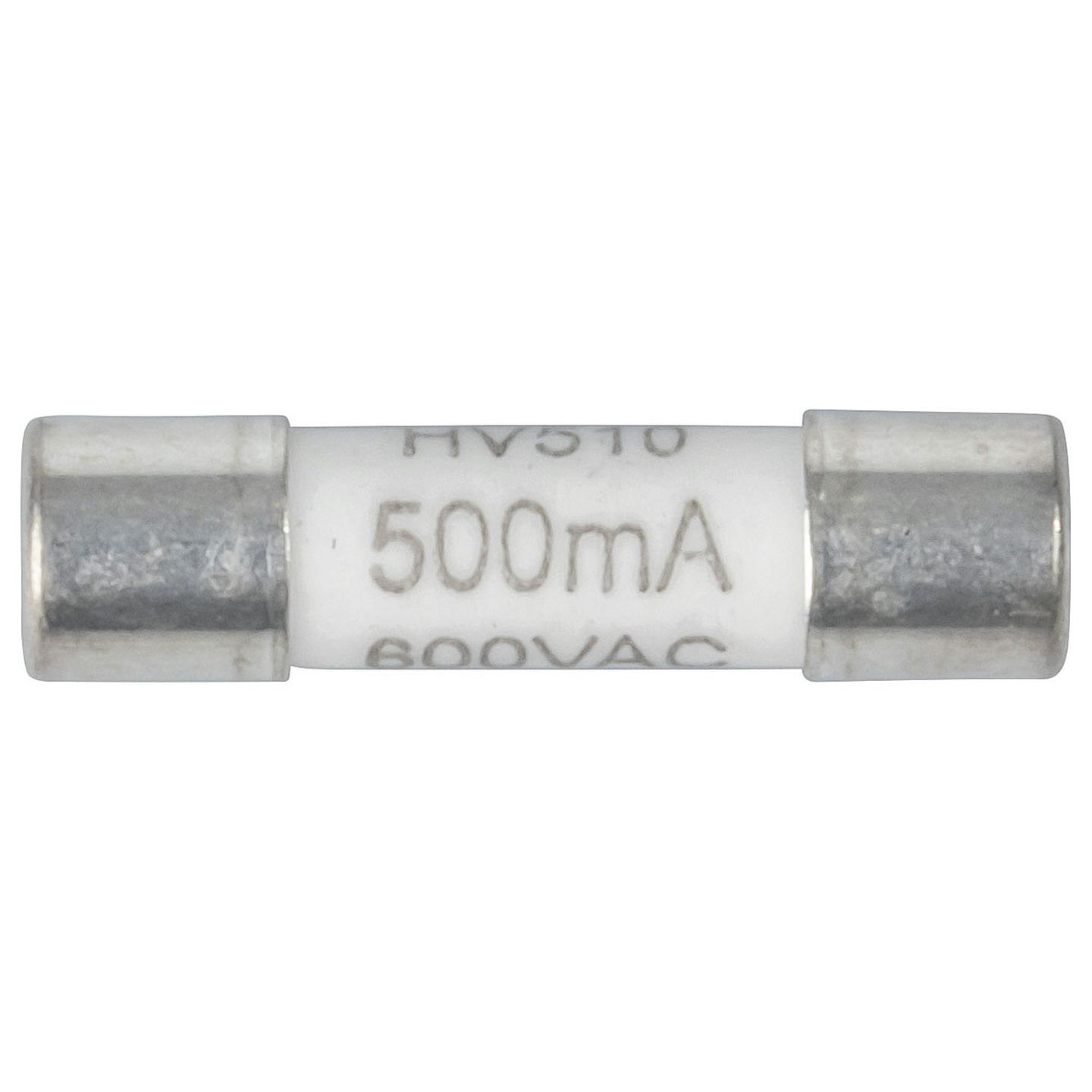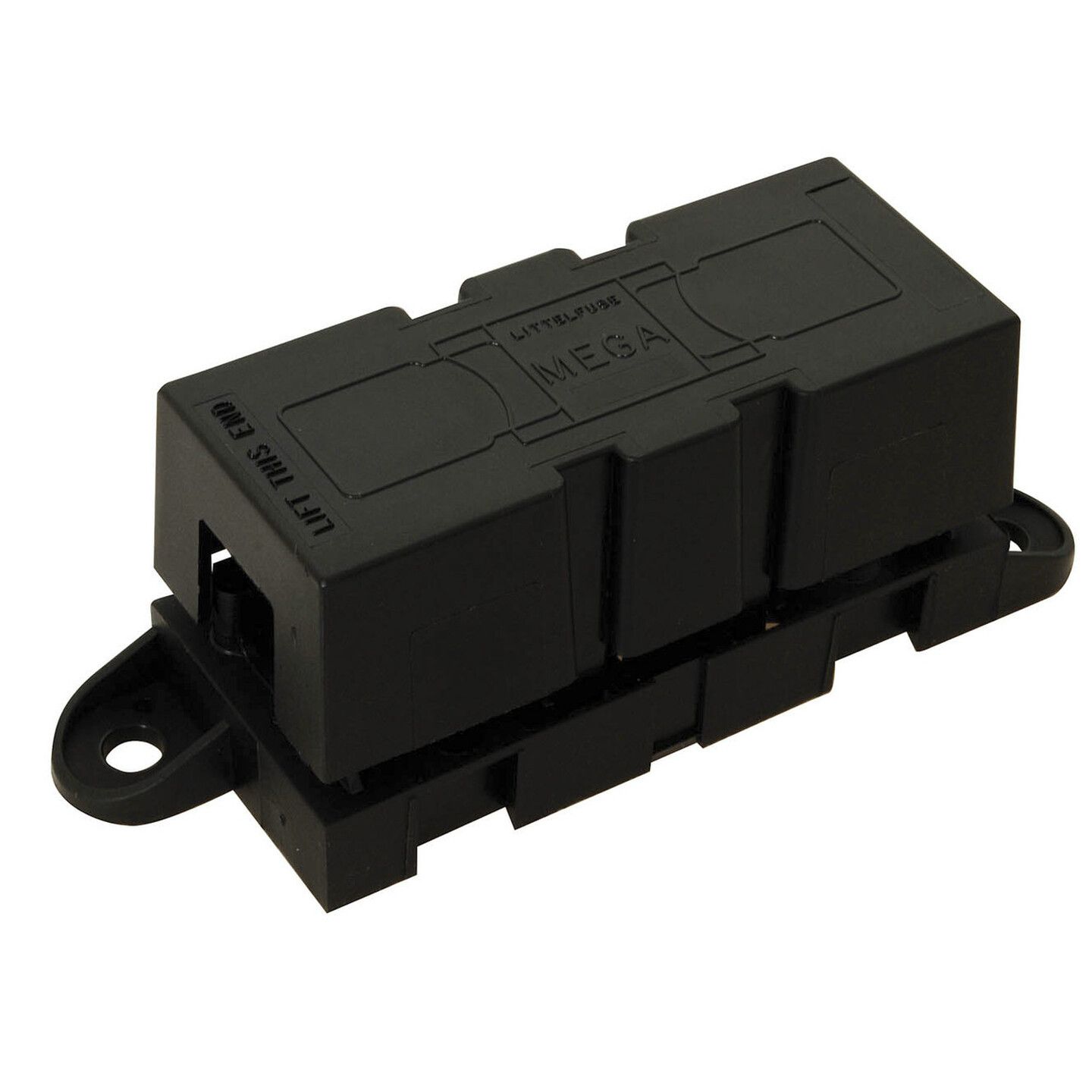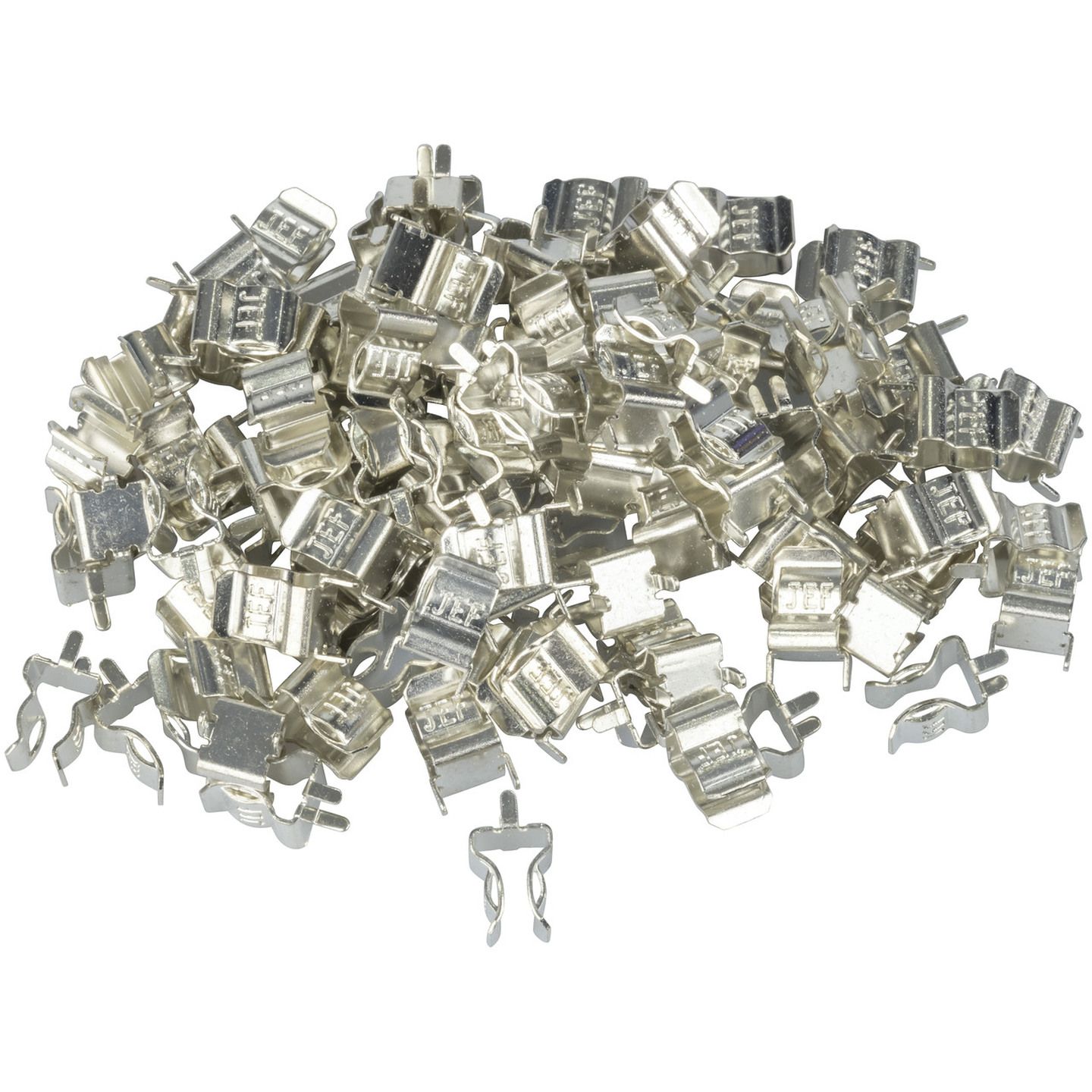Other Fuses & Holders
Featured Products
Available for delivery
Available for delivery
Available for delivery
Available for delivery
Available for delivery
10A 240V 3AG Panel Mount Fuse Holder Square
CAT.NO: SZ2036
Available for delivery
13A 6 x 25mm Ceramic Fast Blow Fuse
CAT.NO: SF2103
Available for delivery
Available for delivery
800mA 1kV Fuse for QM-1325
CAT.NO: SF2279
Available for delivery
250VAC 10A M205 Panel Mount Fuse Holder
CAT.NO: SZ2030
Available for delivery
500V 10A 3AB/3AG Ceramic Fuse
CAT.NO: SF2272
Available for delivery
Gold Fuseholder With Mounting Bracket
CAT.NO: SZ2060
Available for delivery
6 Way Blade Fuse Block with Spade Terminals
CAT.NO: SZ2002
Available for delivery
30A 32VDC Stackable Inline Standard Blade Fuse Holder
CAT.NO: SZ2045
Available for delivery
30A 32VDC Water Resistant Inline Mini Blade Fuse Holder
CAT.NO: SZ2043
Available for delivery
Available for delivery
80A Gold ANL Wafer Fuses
CAT.NO: SF1990
Available for delivery
500mA M205 Ceramic Slow Blow Fuse
CAT.NO: SF2269
Available for delivery
High Current MEGA Bolt Down Fuse Holder
CAT.NO: SF1980
Available for delivery
3AG Fuseclips 100 Pack
CAT.NO: SZ2023
Available for delivery
Essential Safety with Fuse Holders
Fuse holders play a crucial role in electrical safety, providing a secure enclosure for fuses. These devices ensure that electrical circuits operate safely and efficiently by preventing overcurrents from causing damage. With various fuse holders available, selecting the right one depends on the application's specific needs, including the type of fuse, the electrical environment, and the required current capacity. Innovative designs offer ease of installation and access, making maintenance straightforward. Choosing the correct fuse holder in every electrical setup ensures protection and reliability.
Inline Fuse: Your First Line of Defence
Inline fuses are indispensable in safeguarding electrical circuits from potential overloads and short circuits. Positioned directly within the circuit, they provide immediate protection by interrupting the current flow when excessive current is detected. This swift action prevents damage to sensitive components and reduces the risk of electrical fires. Inline fuses are highly versatile and suitable for various applications, from automotive to household electronics. Their simple yet effective design makes them a fundamental component in any electrical system.
Choosing the Right Fuse Holder
Choosing the right fuse holder in electrical safeguarding is equally crucial as picking the suitable fuse. Considerations such as the fuse's electrical current rating, operational environment, and the specific fuse type are pivotal in this selection process. Fuse holders are designed to accommodate various fuse sizes and types, such a blade fuses, 3AG & 5AG fuses and M205 fuses. This ensures a secure fit and optimal performance. High-quality materials and construction provide durability and resistance to environmental factors, extending the lifespan of both the fuse and the holder. By carefully selecting the right fuse holder, users can enhance the safety and efficiency of their electrical systems.
Advantages of Quality Inline Fuses
Quality inline fuses offer numerous advantages, including enhanced safety, reliability, and convenience. Their compact design allows easy integration into any circuit, while their robust construction ensures long-term performance under diverse conditions. These fuses are designed to react quickly to overcurrent situations, minimising the risk of component damage or electrical fires. Available in various ratings, inline fuses can be tailored to meet the specific protection requirements of different devices and applications. Investing in high-quality inline fuses is a wise choice for anyone looking to improve the safety and integrity of their electrical systems.
Future Trends in Fuse Technology
As technology evolves, so does the landscape of electrical safety and fuse technology. Innovations in fuse holder and inline fuse designs are anticipated to offer greater protection, convenience, and efficiency. Future developments may include smarter fuses with integrated sensors that provide real-time monitoring and diagnostics, enhancing preventive maintenance and safety. Moreover, advancements in materials and manufacturing processes are expected to produce more durable and environmentally friendly fuses. As we look forward, the continued innovation in fuse technology promises to meet the growing demands of modern electrical systems, ensuring safety and reliability for years to come.


